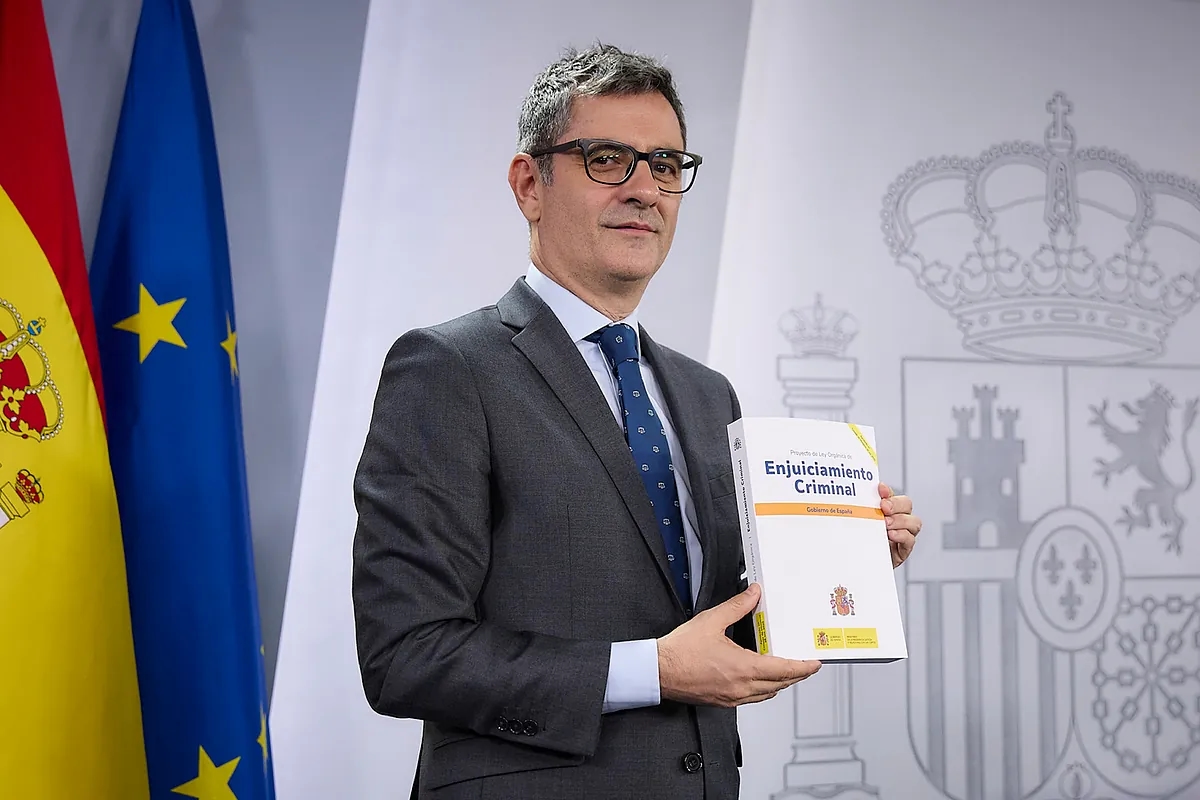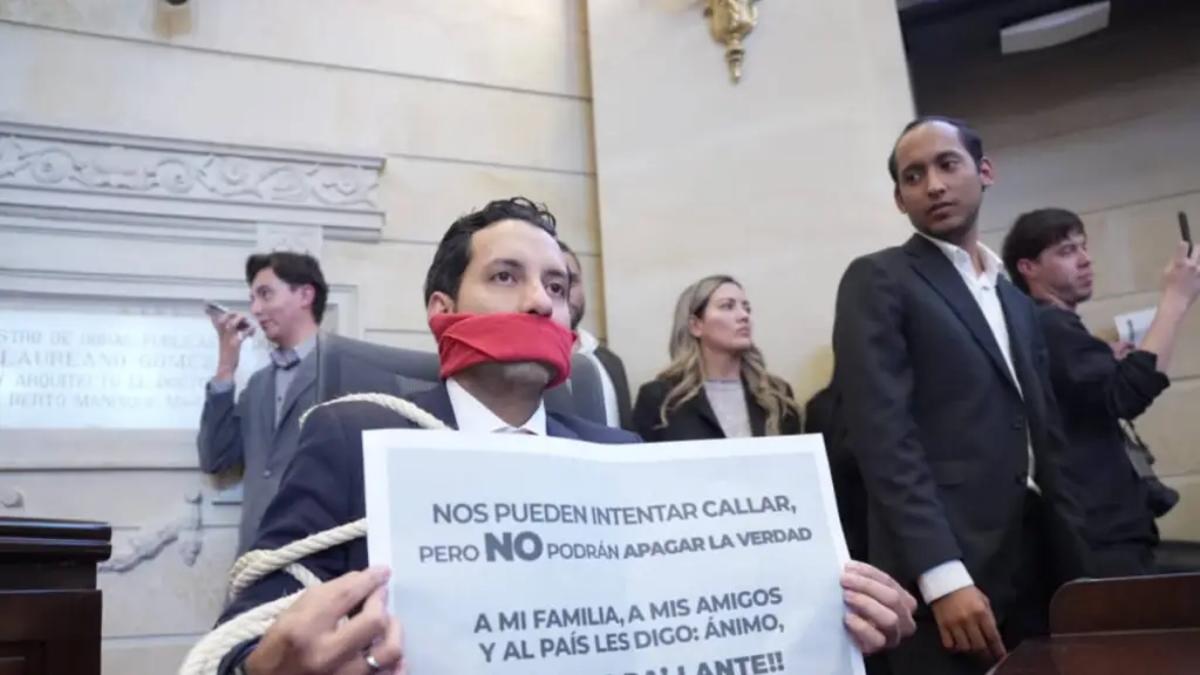A suspicious reform of the Lecrim

The Criminal Procedure Law approved by the Government intends that prosecutors, not judges, will conduct the investigation and, therefore, also control the judicial police, to which bodies such as the UCO belong.
The Council of Ministers gave the green light on Tuesday to the reform of the Criminal Procedure Law (Lecrim), with which the Government intends to take a further step to control the judiciary . This is likely just a futile exercise in wishful thinking , because at this point there is a high probability that the legislation will not pass parliament, as the Executive lacks the necessary support. This is especially true after Junts, essential for the passage of this or any other legislation, announced in recent hours that it is ending its collaboration with Sánchez for the remainder of the legislature.
The law passed by the government aims to give prosecutors, not judges, control over investigations and, therefore, oversight of the judicial police, which includes agencies like the UCO. It also seeks to curtail the right of private prosecution , a mechanism enshrined in Article 125 of the Spanish Constitution, by directly prohibiting political parties or trade unions from exercising this right.
Although the Government's argument to justify the law has been to modernize the Justice system and standardize the criminal process "to all European and Western democracies", both the timing and the lack of independence of the Public Prosecutor's Office in the Spanish legal system disprove this justification.
With his wife, his brother, his attorney general, and his closest collaborators in the government and the party under investigation, it's hard to believe that Sánchez 's interest in carrying out a reform that grants him greater control over legal proceedings has anything to do with modernization. Judge María Jesús del Barco expressed this with crystal clarity on Tuesday.
When a party (any party) is in power, it wants the Public Prosecutor's Office to handle the investigation, because through the Attorney General it wields decisive influence over the proceedings . At the same time, it wants to curtail the right of private prosecution to prevent anyone from bringing charges against it. When that same party is in opposition, it wants the investigation to be handled by judges and for private prosecution to be as broad as possible.
In Spain, as demonstrated by the suspicious actions of the Attorney General, the Public Prosecutor's Office is heavily subordinate to the Government , something that does not occur in most European legal systems. Under the current circumstances, leaving investigations in the hands of prosecutors without a reform that guarantees the independence of this Ministry leaves the door open to government interference in criminal proceedings, particularly those that directly affect the government.
At this moment, the reform proposed by Félix Bolaños raises serious suspicions and points to a desperate attempt by Sánchez to control the judiciary. With the new law, the government could use its control over the Public Prosecutor's Office, and the latter's control over the judicial police, to intervene in any criminal investigation into corruption that affects it. The possibility of the Public Prosecutor's Office ultimately leading the investigation could make sense if there is a prior, consensual reform of this Ministry to guarantee its complete independence.
Expansion





